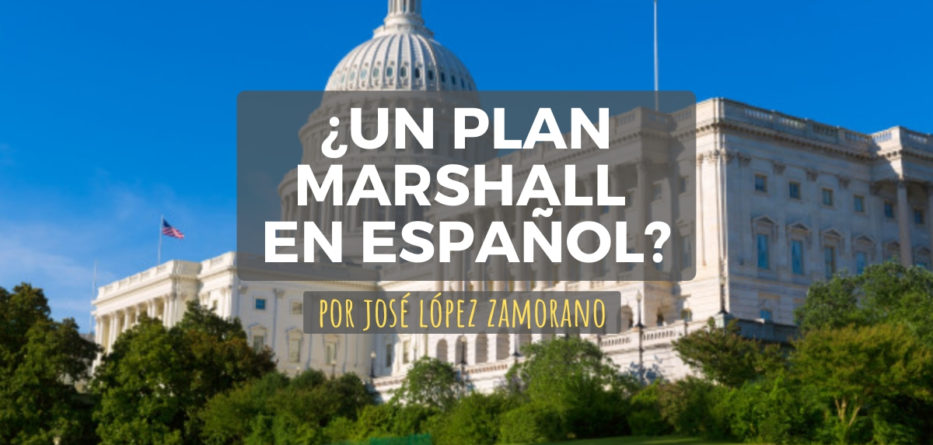One of the most enduring aftermaths of the COVID-19 pandemic will not be medical but economic in nature. The virtual paralysis of productive activity deepened economic disparities to levels not seen since the Great Depression. As a result, Hispanic workers now experience the worst level of unemployment in history, at 18.9 percent, higher than any other racial or ethnic group in the United States.
It is true that our ZIP code is one of the main social determinants of health and has contributed to a disproportionate impact of COVID-19 on Latinos and other minorities: we tend to live in densely populated areas, spending more than 50% of our income on housing and therefore we do not have sufficient resources to prevent or face health challenges such as diabetes, hypertension or asthma.
Likewise, the types of work that most Latinos and other minorities do – in the hospitality industry, meat packing, etc. – have contributed not only to multiplying infections, but also to increasing unemployment levels, which prior to the pandemic explosion have historically been higher than the national average.
According to figures from the Centers for Disease Control and Prevention (CDC), nearly 25% of Hispanics and African Americans are employed in the service industry, compared to only 16% of non-Hispanic whites. In another critical sector, agriculture, Hispanic workers represent 57% of the workforce.
It is for this reason that one of the great paradoxes of the current public health crisis is that Hispanics and other minority groups do critical and essential work, where the risk to our health is higher than other groups, and we find some of the highest unemployment rates, thus deepening the situation of historical inequality in our communities.
These are crucial statistics that must be considered in Congress, as the Senate begins this week the consideration of the new economic rescue initiative. Democrats want immediate action this week, while Republicans are in favor of applying the brake to complete the distribution of resources from the first rescue packages.
When there is no money to pay the rent, buy food or medicine, the solutions take on a special sense of urgency. Democrats are sticking to a plan to give most people $ 2,000 a month until the emergency ends.
Of course, a bill that privileges one ethnic or racial group over another is not politically salable. But it is time that any new package is inclusive and generous for ALL essential workers, without applying artificial criteria to exclude some, especially the most vulnerable. It is of elementary justice towards those who risk their lives every day.
For more information visit www.laredhispana.com.






